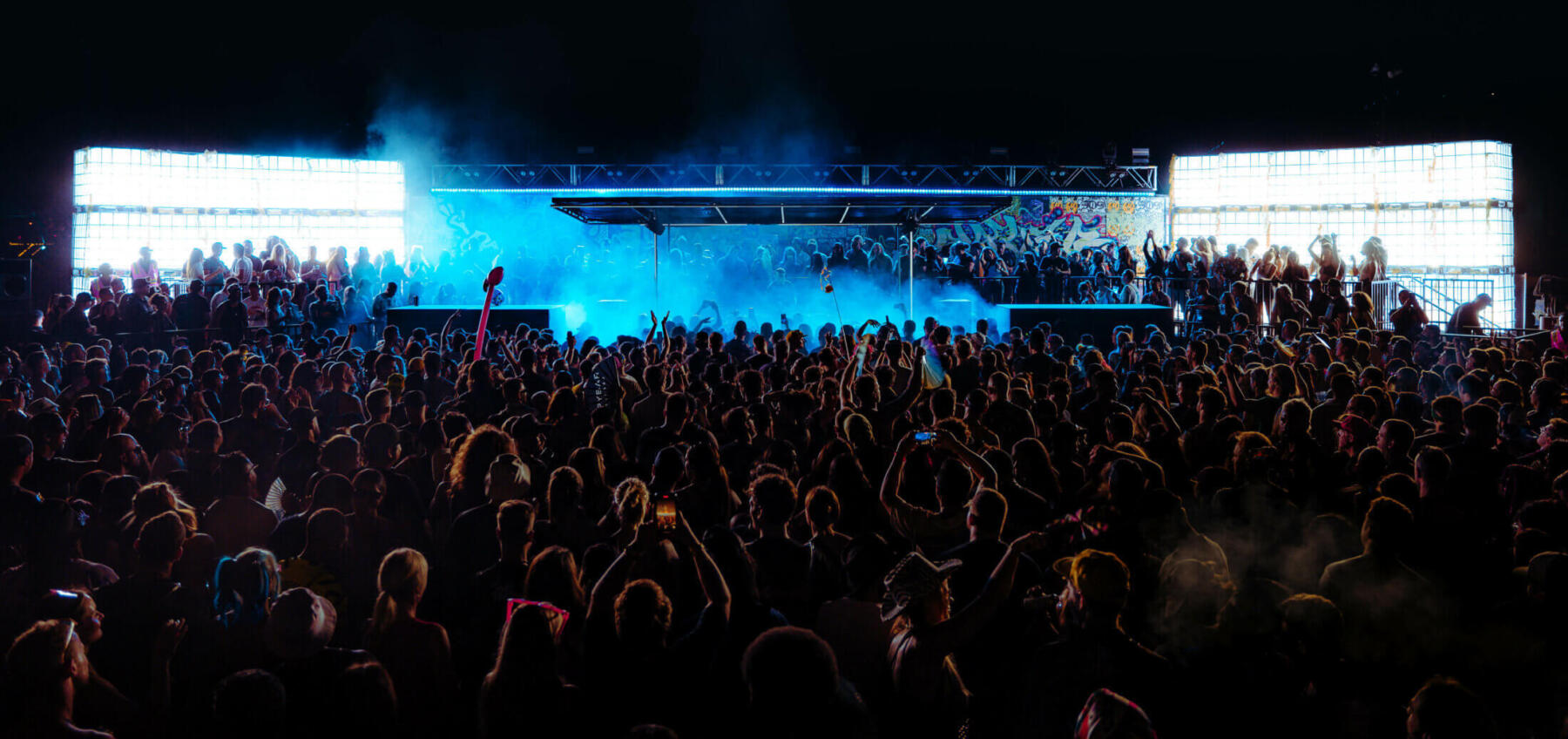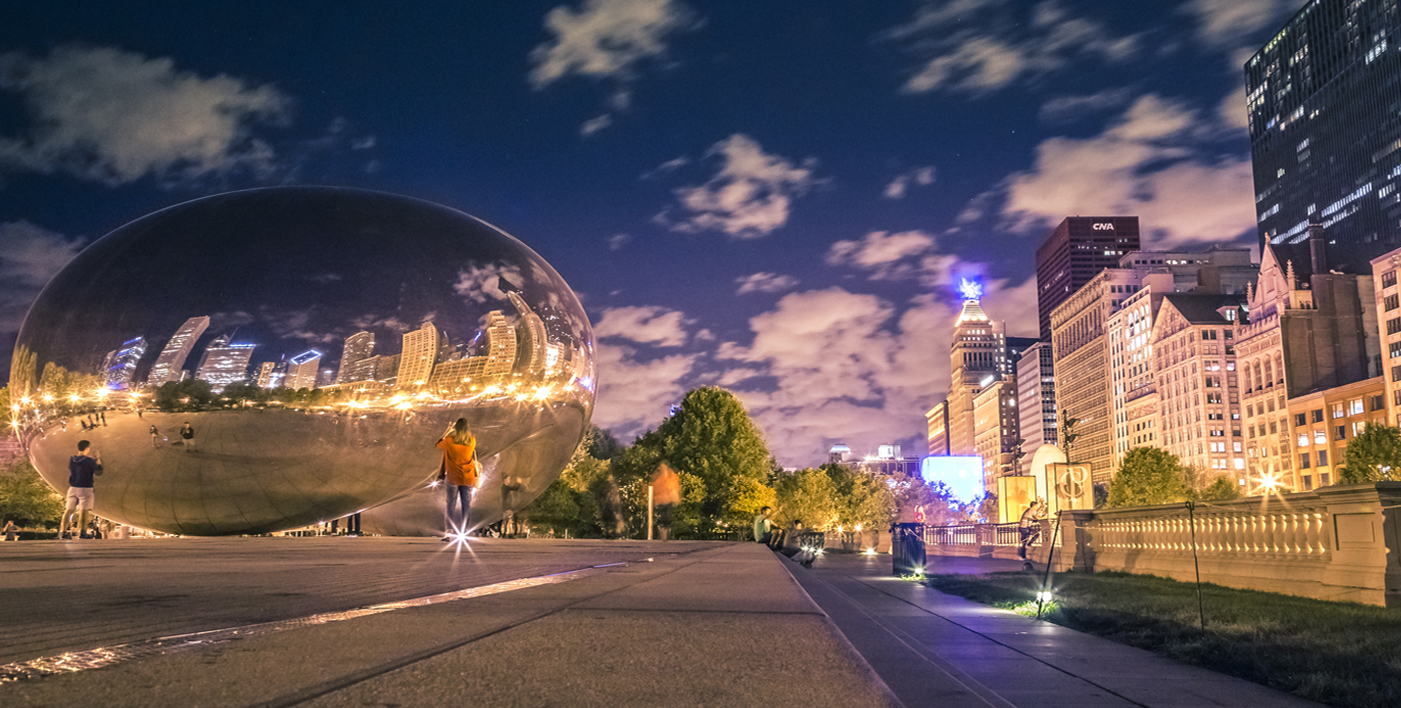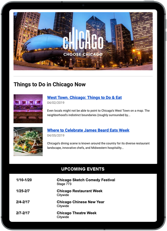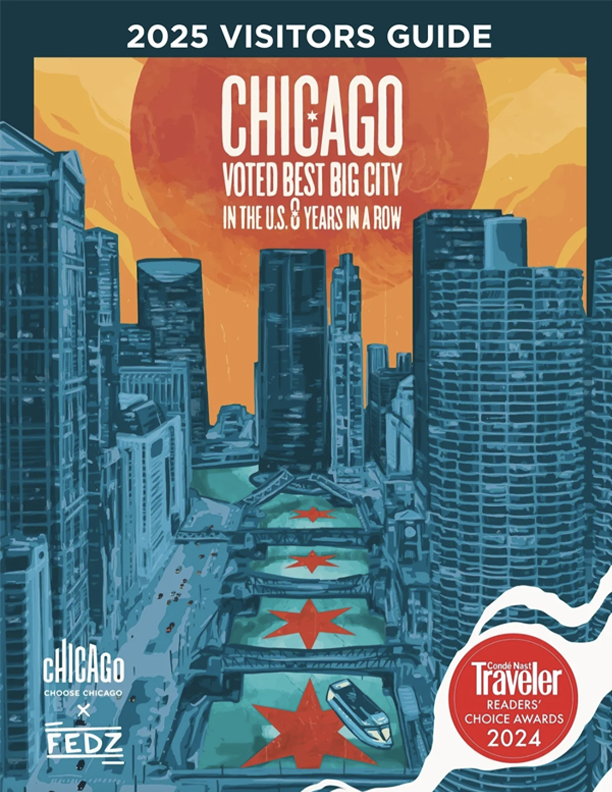In just 40 years, house music has evolved from an underground scene into a global sensation. This groundbreaking genre has influenced a diverse range of today’s artists across the musical spectrum and forever changed the dance music landscape.
And it all started in Chicago.

House was originally invented by Black and queer DJs In the 1970s and 80s, who were creating a whole new type of dance music while also carving out inclusive spaces for those who felt excluded from other venues.
To celebrate the 40th anniversary of the Chicago-born genre, we talked to legendary DJ Chip E about the early days of house music. Known as one of the “godfathers of house music,” Chip was instrumental in creating and spreading house music from the very beginning.
Dive into the Chicago roots of house music and learn more about this locally born genre.
The beginnings of house music
In the late 1970s, a backlash against disco left a hole in the city’s music scene, particularly for young people looking to dance. That’s when emerging musicians like Chip E stepped in to pick up where disco left off.
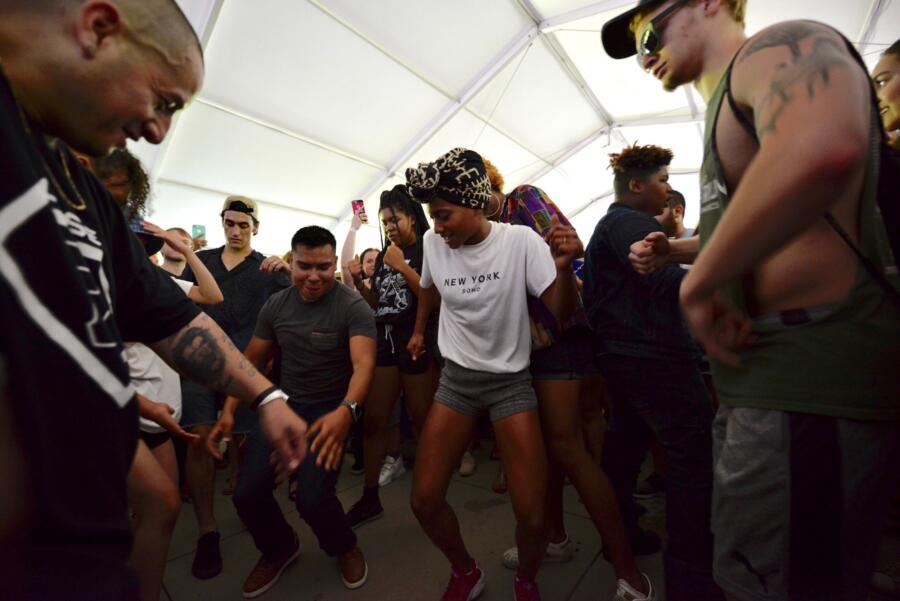
“We still played a lot of disco and a lot of underground disco. When that wasn’t fresh, we decided we needed to create some music of our own,” says Chip.
Chip began spinning and then producing records throughout the ‘80s. Many of his songs from this period, including the iconic “It’s House”, are considered to be among the first original house records.
“I consider myself the architect of house music,” he says. “I created the blueprint that is still being followed.”
More early seeds of house music were being planted at places like The Warehouse, a Chicago club that was open from 1977 to 1982. The venue was popular among Black, gay, and alternative communities looking for a place to belong.
“It really was a place that people went home to,” says Chip.
As house music began to define itself as a distinct genre, it became known for its booming four-on-the-floor bass drum, a moving bass line, and minimalist vocals.
Most importantly, what set house music apart was its ability to get people moving.
“House music is made for the dance floor,” says Chip. “I wanted to make people’s butts move. It’s not made to be listened to while you’re sitting down.
Spreading beyond Chicago
What started as an alternative scene soon began to make its way into the mainstream. International media began spreading the news about house music throughout Europe and beyond, turning the genre into a worldwide phenomenon.
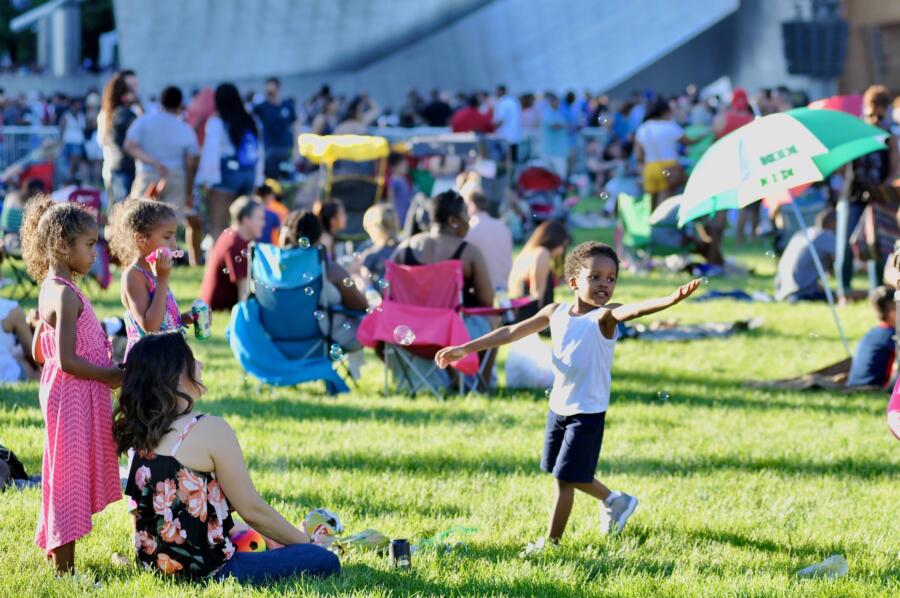
“It was a very exciting time,” says Chip. “All of a sudden we were catapulted into the mainstream. We went from local Chicago DJs to being super rock stars almost overnight.”
Chip remembers starting to see long lines outside of clubs where he was performing, often including visitors from all over the world. House music was turning Chicago into a must-visit destination.
“It’s the pureness of the rhythm,” says Chip. “It’s something everybody can relate to. It’s something anyone can dance to. When they hear house music, it speaks to them.”
Another early innovator who helped shape the genre was Frankie Knuckles, a DJ at The Warehouse whose experimental sets drew thousands of club-goers. He went on to become one of the biggest names in house music.
Chip, who produced Frankie’s very first song, remembers him as a true music lover whose high standards helped elevate the entire genre.
“He wanted not just samples of brass music, we actually had an entire brass ensemble come in for the record,” Chip remembers. “It was something that took it to different heights. It moved beyond samples and computerized music. It added another layer to it.”
House music in Chicago today
Today, house music is still alive and well in Chicago.
One of the city’s signature events is the Chicago House Music Festival. Held in iconic Millennium Park every spring, the event brings DJs and music lovers from all over the globe to hear house music in the city where it was born.
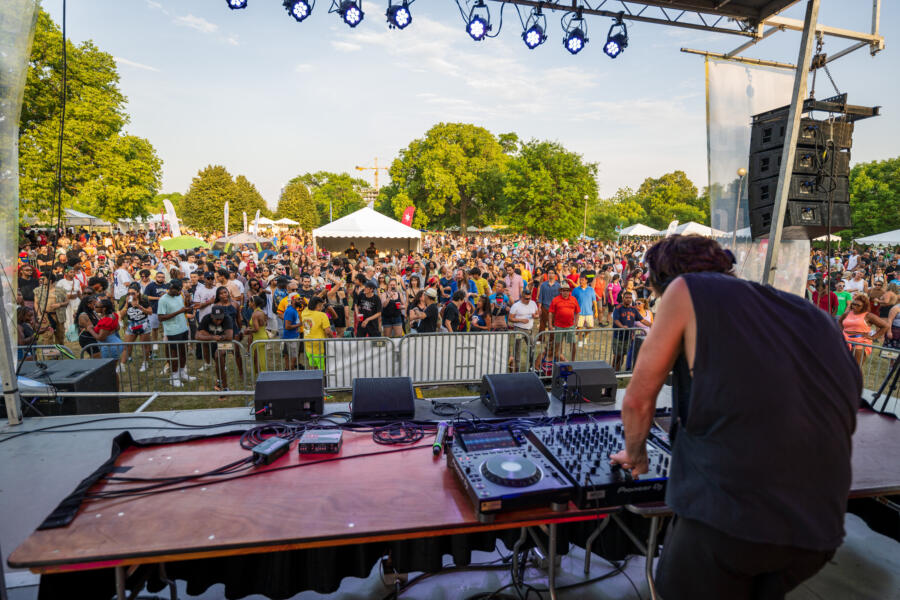
“I definitely recommend people going,” says Chip. “It shows Chicago embracing its homegrown music.”
Other major Chicago events celebrating house music include the Chosen Few Picnic in July and ARC Music Festival over Labor Day weekend.
Those looking to hear the sounds of house in Chicago can also check out venues like Smartbar, Spybar, and Sound-Bar, all showcasing a diverse lineup of house music and beyond.
For a dose of house music history, the city’s cultural institutions have rallied together to preserve the genre’s roots for future generations. Last year, The Warehouse was designated an official city landmark. And Frankie Knuckle’s personal record collection is carefully preserved and cataloged at the Stony Island Arts Bank.
Chip has also done his part in the fight to help preserve the legacy of house music. He filmed and edited a documentary, The Unusual Suspects: Once Upon A Time In House Music, that features interviews with many of the biggest names in house music.
“I think it’s important because as the music has gone around the globe, there are a lot of people who aren’t aware it started in Chicago, on the south side of Chicago,” says Chip. “There are people that think it started in Europe, London, Amsterdam. The world needs to know and recognize that this is Chicago music. Chicago is the birthplace of house music.”

